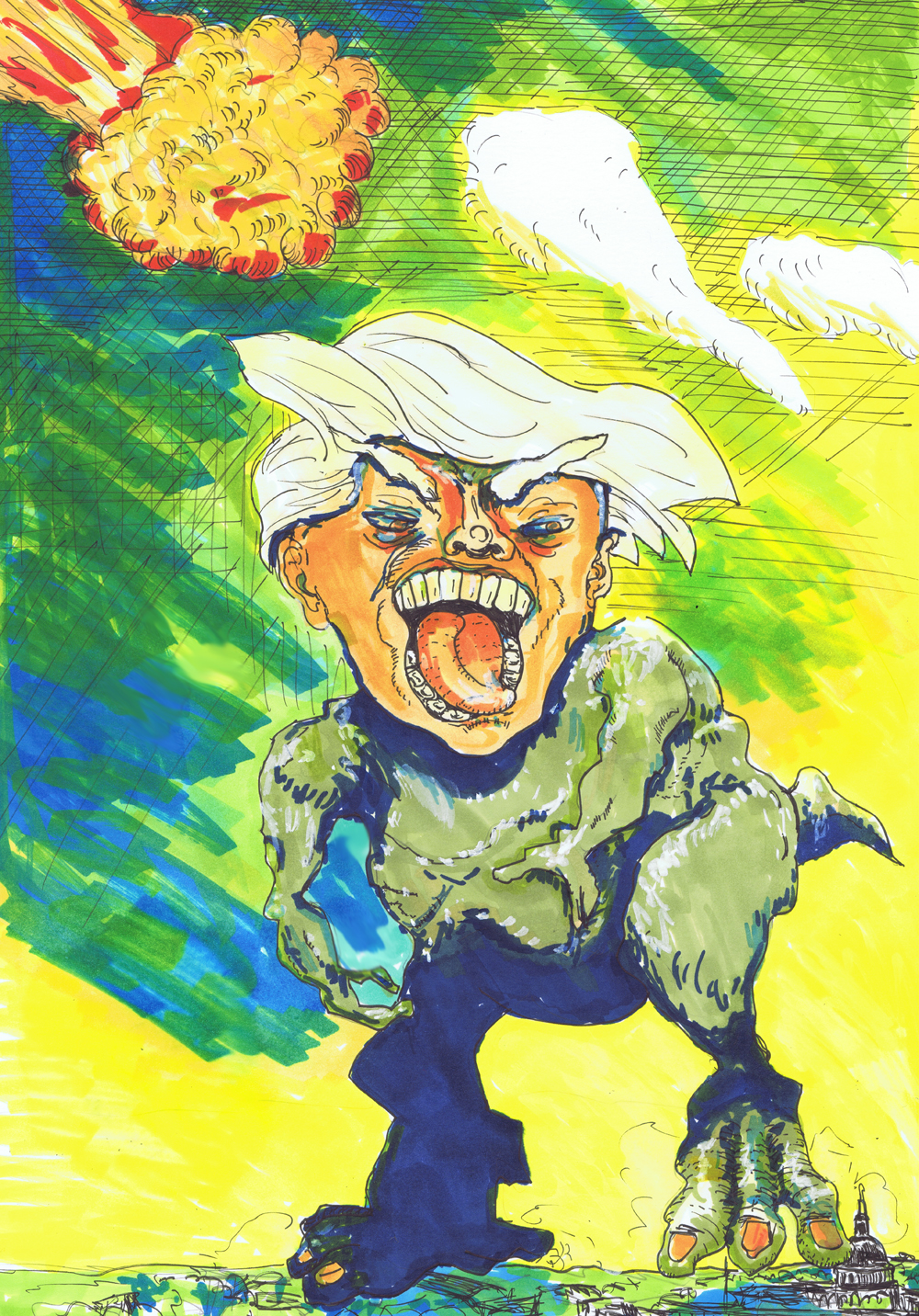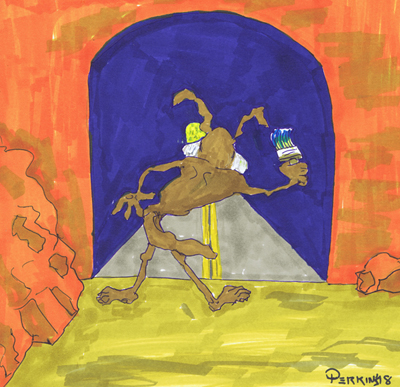10 Libertarian Thoughts on the Civil War
An interesting article on mid 19th century world history and the civil war. The section on Brazil makes me wonder if that may be why Nazis moved there after WWII.
By Brandon Christensen
August 23, 2018
…
2. Brazil and Dom Pedro II. Brazil shares many similarities with the United States, including a long history of slavery. In fact, Brazil was last country to abolish the slave trade (1853) and abolish slavery (1888), and while the country remained neutral during the Civil War, its impact could be felt. Most notably, after the confederacy surrendered to the north, 20,000 slave owners fled the United States and moved to Brazil, where they established new plantations and became known as “Confederados.” Brazil was a monarchy at the time, and its emperor, Dom Pedro II, had sent recruiters to the American south in order to bring skilled tradesmen and farmers to his country. While the emperor himself worked to abolish slavery in his country, he could not pass up the opportunity to invite tens of thousands of skilled migrants into his realm to help spur economic, political, and cultural development. The last monarch of Brazil, Pedro II’s Brazil fought two wars during the American Civil War, one against Paraguay and one in Uruguay as an intervening neighbor. The Paraguayan War, which lasted from 1864-70, was the deadliest interstate war in Latin American history and was fought between Paraguay and an alliance of Brazil, Argentina, and Uruguay. Brazil’s role in the Uruguayan War (1864-65) was to bolster the support of the governing party (“Blanco party”) and help it fight a rebellious party (“Colorado party”) that was supported financially and ideologically (but not militarily) by Argentina, Brazil’s ally in the Paraguayan War. Brazil emerged from these series of wars as a regional hegemon and Pedro II is admired domestically for his statesmanship involving these wars….


